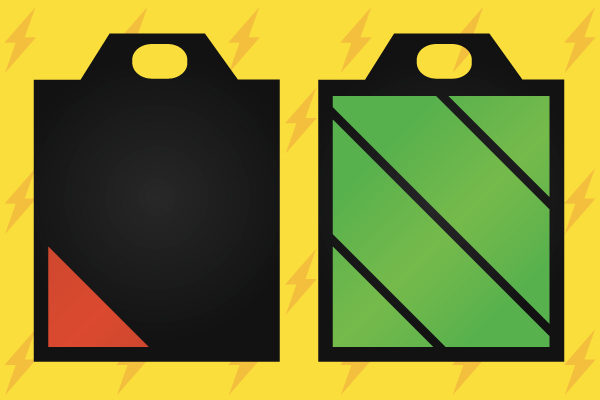We use cookies to make your experience better. To comply with the new e-Privacy directive, we need to ask for your consent to set the cookies. Learn more.
Why Washing Forklift Batteries is a Crucial Maintenance Task
With all of the day-to-day tasks involved in running a warehouse, it can be easy to overlook a crucial part of your operation: preventative maintenance. Forklift batteries must be washed regularly to keep your fleet profitable.
Establish a strict washing schedule for your batteries and stick to it. You’ll see the following benefits in no time:

-
Longer Battery Life
- During regular use, forklift batteries lose a tiny amount of electrolyte. Over time, this acidic sludge builds up and acts as a conductor, creating a constant, low-level discharge.
Even worse, acid can corrode terminals and shorten the operating lives of batteries. Regular, thorough cleaning removes caked-on electrolyte to extend your batteries’ lives by as much as 50 percent — and that makes a huge difference to your company’s bottom line.
-
Protection from Electrical Damage to Forklifts
- Forklift batteries with corroded terminals can threaten your entire fleet. That’s because tarnished connectors prevent batteries from charging fully.
If you operate a forklift with an undercharged battery, you’ll run into problems with components and electrical systems sooner rather than later. Keeping your forklift batteries in good shape will help do the same for your forklifts.
-
Fewer Workplace Hazards
- Even the thinnest coating of electrolyte on a battery case can cause chemical burns to bare skin. Thoroughly washing your forklift batteries on a regular schedule will cut down this type of injury, keeping workers safe.
Proper Battery Washing Techniques
Because battery acid poses both environmental and personal hazards, every operation needs the right equipment for the job. The BHS Recirculation/Neutralization System controls, filters, and recirculates water used for cleaning industrial batteries. It comes with a spray wand, a 10 foot (3 meter) hose, and a 12 volt DC sump pump with float switch.
Coupling the RNS with a BHS Battery Wash Cabinet creates a closed loop system that contains and controls the water used for cleaning industrial batteries. However, that water remains hazardous waste, and it will have to be drained periodically.
To both recirculate and treat wash water for safe disposal, choose the BHS Wastewater Recycling System. This comprehensive wastewater treatment system quickly processes water for in-house disposal.
You’ll also need to protect battery room staff from chemical burns with acid-resistant clothing. The BHS Personal Protective Kit includes everything you need to keep workers safe: an acid resistant face shield, chemical splash goggles, HAZ-MAT boots, acid-resistant gloves, and an acid-resistant apron. These should be worn every time you wash a battery.
It’s easy to forget about preventative maintenance tasks, but those who do risk dramatic losses. Savings in time, labor, and money will more than make up for initial battery washing equipment outlay. Like forklifts, forklift batteries themselves are capital investments; keep them clean to realize their full value.
References:
“Powered Industrial Trucks (Forklift).” Occupational Safety and Health Administration. Web. 30 Dec. 2015.
Williams, Del. “Develop a Battery Management Strategy.” Material Handling & Logistics, 24 Sep. 2010. Web. 30 Dec. 2015.
